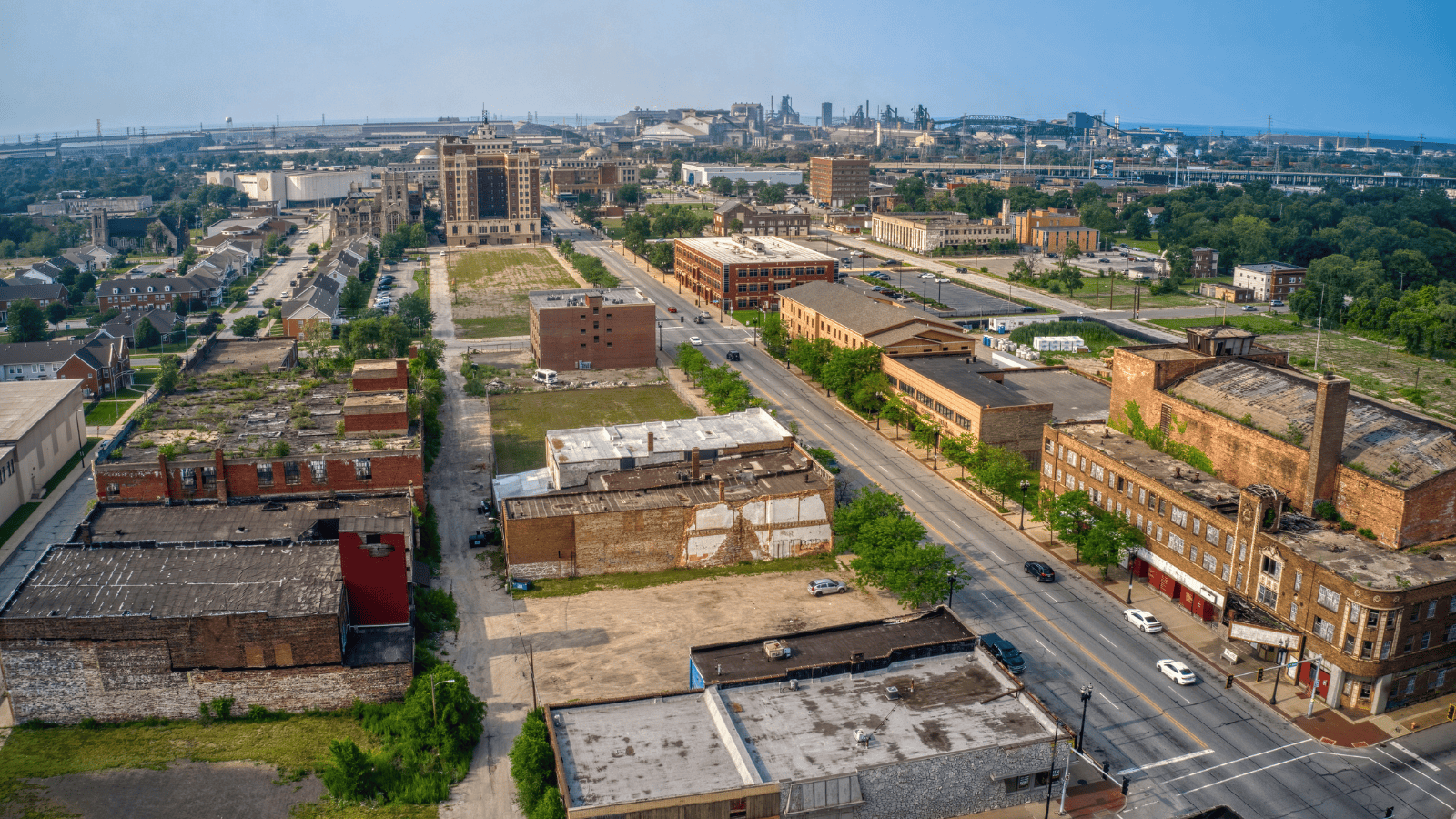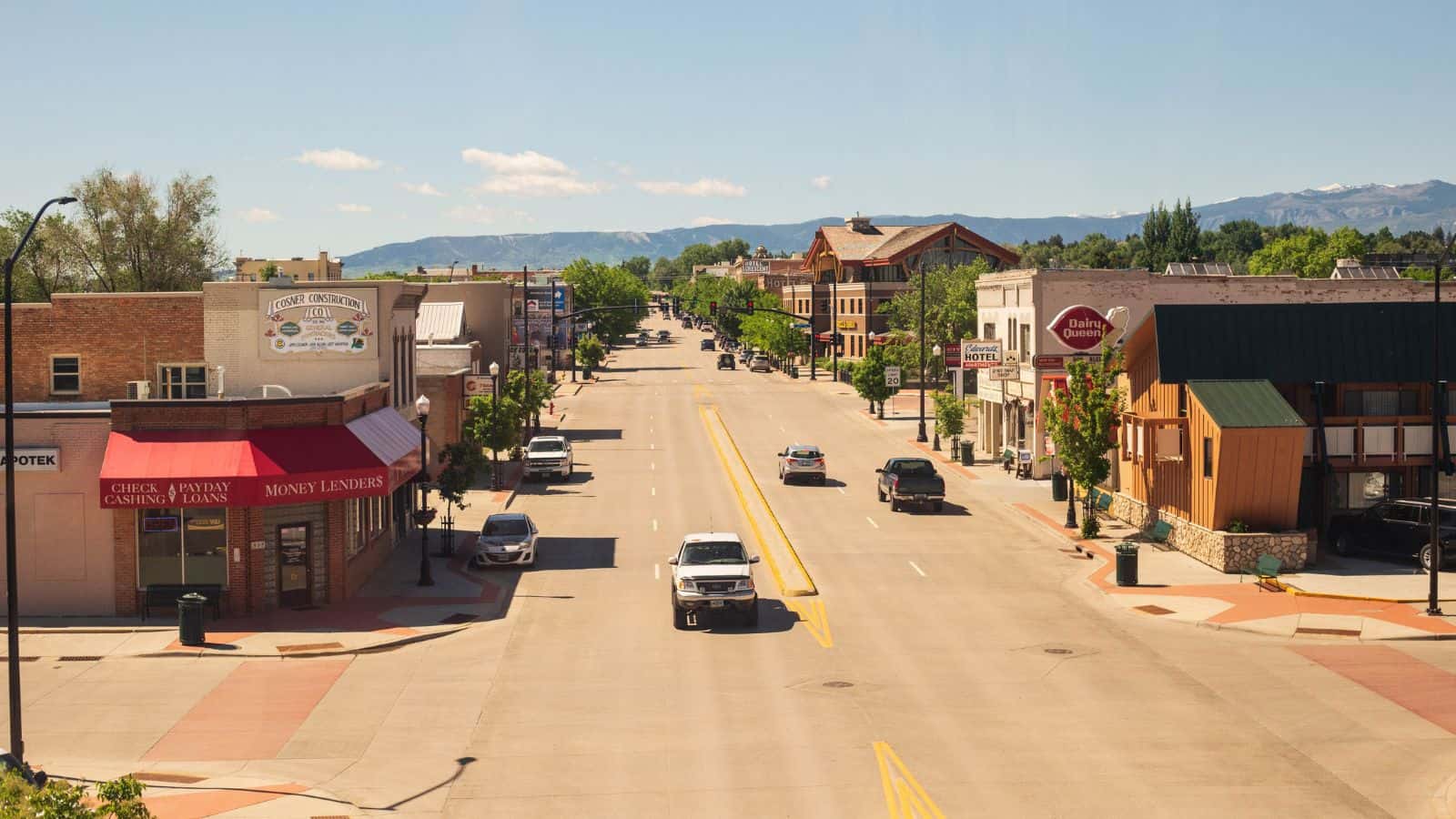Growing up with a narcissistic parent can have a big impact on your life, even as an adult. If you experienced manipulation and control throughout your childhood, you’ll probably still struggle with these 20 things. Read on to find out why and what you can do to move forward.
The Need for Approval

According to CNBC, “Kids of narcissistic parents can grow into adults who struggle with self-blame, self-doubt and a constant feeling that they aren’t enough.” This is due to the fact that narcissistic parents will often give them conditional love based on how they behave.
Intense Emotions

You may find that even small triggers can leave you with an intense emotional response because of the unpredictable environment you grew up in. This can make it difficult to regulate your emotions, and you may suffer from anxiety or depression more frequently than others.
The Struggle with Self-Identity

Sometimes, growing up with a narcissistic parent can make it hard to understand who you are without them. This can mean that even as an adult, you find yourself making choices that suit their preferences. To help with this, you could try journaling or speaking to a professional therapist.
Feeling Inadequate

The criticism and high expectations you will have dealt with as a child may leave you feeling inadequate as an adult. This low level of self-confidence can be improved by working to set realistic personal goals, taking the time to celebrate your victories, and talking about yourself in a positive manner.
Having a Hard Time Setting Boundaries

Setting boundaries is crucial for building healthy relationships and for looking after your own mental health. People who grew up with narcissistic parents may struggle with this, and Psych Central says “they may actively try to avoid conflict by attempting to please those they suspect to be toxic.”
The Results of Gaslighting

Being a victim of gaslighting can leave you with long-term psychological effects such as confusion, low self-esteem, and difficulty trusting your own memory and perceptions. Try to think back and consider the tactics they may have used, then talk them through with others to validate your feelings.
Perfectionism

Narcissistic parents will often only show you their approval or love when you behave in a certain way or reach the goals they want you to. As an adult, this can leave you struggling with stress, anxiety, and an overwhelming fear of failure. To help, try to focus on the effort you put into projects and work rather than the outcome.
Feeling Guilty

If you experienced being guilt-tripped as a child, it can impact your ability to make decisions or say no in adulthood. To work on this, try to recognize the manipulation tactics that were used against you and work to take the emotions out of them to build a healthier approach to decision-making.
Taking Criticism Badly

As you most likely experience harsh criticism from your parents, normal, healthy feedback as an adult can feel like a personal attack. It’s important to build an understanding of how constructive comments from friends and colleagues differ from the personal criticism your parents gave you.
Thinking of Love as a Conditional Emotion

Conditional love is when a parent loves their child, but only when they behave in the way they want them to. Psychology Today says this can lead to feeling “unlovable or unworthy, [having a] negative self-concept, and worthlessness.” To heal from this, you need a supportive and non-judgmental space to grow.
Being Compared to Others

Some narcissistic parents will compare you to others to put you down or control your behavior. This can leave you feeling undervalued and, over time, will impact your level of self-esteem. To overcome this, try to recognize and celebrate your individual qualities and achievements.
Accepting Support

Friends, mentors, and therapists are essential for providing the support in adulthood that you didn’t get from your parents as a child. Having these strong and healthy relationships with others can help you get some perspective on your emotions and validate your feelings, allowing you to heal.
Developing Emotional Independence

Conditional love can lead children to develop emotional dependence. Healthline says, “As adults, this can lead to insecure attachment styles, codependency with partners, and unhealthy or even harmful romantic relationships.” People who experience this should try to set emotional boundaries with others and develop their ability to self-validate.
The Fear of Replicating Behaviors

Often, people who have experienced narcissistic parents worry that they’ll show the same manipulative behaviors in their own relationships. Being aware of the unhealthy relationships you were shown as a child can help you ensure you can move forward and build genuine connections with others.
The Savior Complex

The strong standards and expectations that were placed on you as a child often mean that you have a strong need to ‘fix’ situations or issues as an adult. This is called the savior complex, and while supporting others is great for building strong connections, it’s important to know when you’re ignoring your own needs for the sake of helping them.
The Journey to Self-Acceptance

Self-acceptance is very tricky for people who grew up with manipulative parents, often because they experienced harsh criticism and conditional love as a child. Try to separate your own view of yourself from that of your parents’, and celebrate your own personal traits and achievements to reinforce a positive image of yourself.
Trust Issues

You might have experienced betrayal and manipulation growing up, and this can mean you have a tough time trusting others. Try to work on this by taking small steps and openly communicating with those around you so that you can slowly lower your defenses and let others fully support you.
Healing from Emotional Neglect

Emotional neglect during your childhood can leave you struggling to regulate or understand your emotions as an adult. To move beyond this, you need to try and recognize the neglect you experienced and the impact it has had on you so that you can learn how to deal with your emotions in a healthier manner.
The Role of Forgiveness in Healing

Whether you forgive your parents for their manipulation is a completely personal decision. For some, it can be therapeutic and help them move on, but it won’t necessarily help you build a healthy relationship with your mom or dad. To figure out what’s best for you, you should explore your emotions with a therapist.
Embracing Vulnerability

If you were conditioned to protect yourself from your parents as a child, you might see vulnerability as a weakness that will allow others to use you. Therefore, you need to take time to learn that being vulnerable allows you to build stronger and deeper connections with others.
Up Next: 17 Places in the U.S. Where Even Truck Drivers Won’t Stop

Truck drivers tend to be hardy souls—well-seasoned travelers who aren’t often afraid to rest up or refuel in risky locations. However, there are certain U.S. locations that even the most road-weary trucker refuses to stop at for fear of criminal activity or natural dangers. Here are 17 such locations that even experienced truck drivers approach with trepidation (or not at all).
17 PLACES IN THE U.S. WHERE EVEN TRUCK DRIVERS WON’T STOP
17 Things Guests Actually Notice Right Away About Your House

Inviting people into your home is a big deal. You may be very house-proud or house-conscious, and if you are either, you’ll likely get anxious about hosting. If this sounds like you, stop worrying and focus on the following 17 things that guests actually notice right away about your house.
17 THINGS GUESTS ACTUALLY NOTICE RIGHT AWAY ABOUT YOUR HOUSE
The 17 Unhappiest States in America

The US has hit an all-time low position in the World Happiness Index, tumbling to 23rd in 2024. However, it’s important to remember that location is an important factor; many US states are very happy, unlike the following 17 US states that appear to be the most unhappy.
